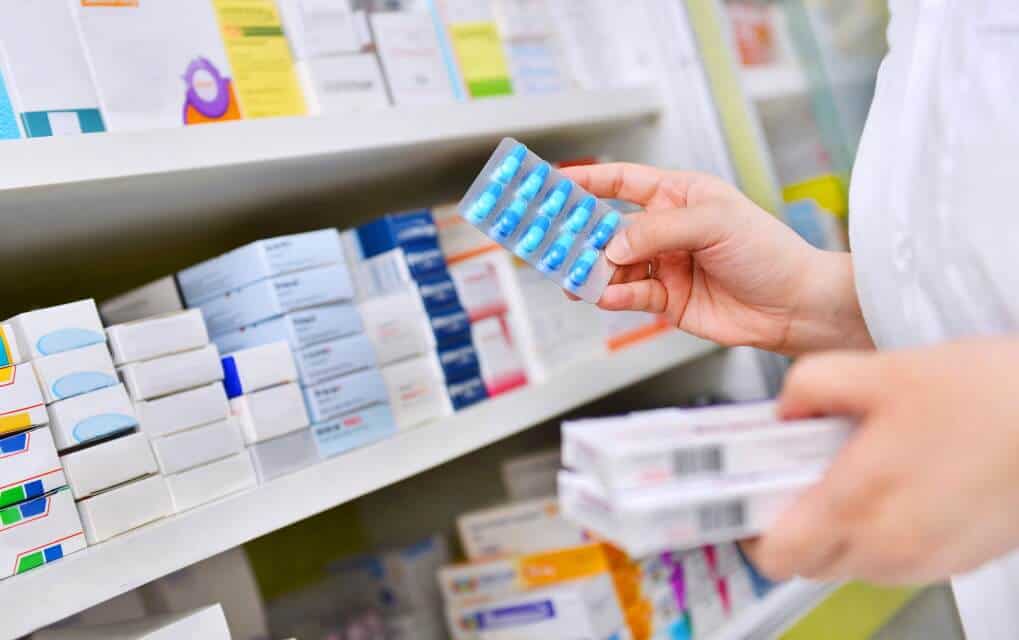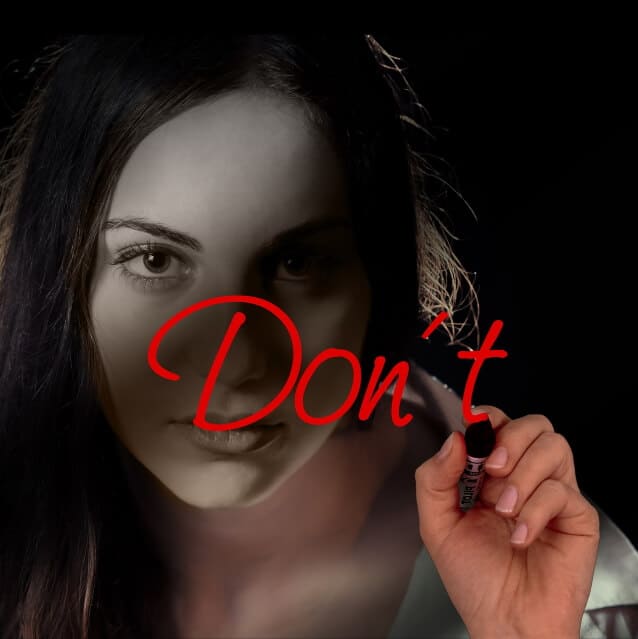Prescription Drug Rehab – The Need and the Right Approach
What are prescription drugs?

Prescription drugs are medications that need to be accompanied by a prescription in order for them to be obtained. Prescription drugs cannot be purchased over the counter at a Chemists. They have to be prescribed for a specific diagnosis or condition by a G.P. for legitimate medical purposes.
Prescription drugs come in many forms. They include pain killers which are opiate based or to treat nerve pain such as Gabapentin; sleeping pills such as Zopiclone; anti-depressants including citalopram, fluoxetine, sertraline, mirtazapine and venlafaxine; ADHD medication such as Ritalin which acts on the central nervous system; and anti-anxiety medication including Benzodiazepines such as Diazepam or Librium.
Drugs that are prescribed by a GP such as those listed above – with the possible exception of the anti-depressants – can be just as addictive as illegal and recreational drugs. However, because they are prescribed, people can be lulled into a false sense of security and not realise how harmful they can be.
How does addiction to prescription medication occur?
In the past, renewing a prescription could be almost automatic for a prolonged period of time. Now there is medical due diligence so that any medication has to be reviewed and renewed as suitable for continued use on a regular basis. At The Haynes Clinic we find that some people have found benefits of the medication and are then concerned that when their prescription is not renewed that their symptoms will return again. They therefore turn to the internet to try and buy similar medication. There is a psychological dependency leading to a physical dependency. There is also a potential problem with the medication being bought illegally off the internet as it might not have a similar chemical consistency as the original prescribed medication from the GP. It could literally be anything and very harmful.
In addition, the body starts to build up a tolerance to the drug when we consume more but conversely the effects of the medication start to become ineffective and the old symptoms will also return. Under these circumstances it is extremely difficult to try and cut back or stop using the medication on our own. Our body is now used to the daily excess dose of the prescription drug and has become tolerant to it. We reach the stage where we are desperately searching for a way to get off the medication. However, to try and cut back or stop is very difficult if not dangerous.
If we do stop or cut back, we might not cope and so then take a larger dose, risking an overdose. Surveys have also found that prescription drug addiction can lead to the development of other drug addictions and alcohol addiction and behavioural addictions causing further deepening life problems with work, finances, health, relationships and family life.
Being admitted to a prescription medication rehab
If we recognise that we are now addicted to the prescription medication and wish to come off it, we may need to be admitted to a professional residential addictions rehab facility. Within the safe environment of such a facility and under the care and guidance of their doctor, a detox and treatment plan can be formulated including a safe daily reducing regime of the medication.
The recommended treatment period for prescription drugs is usually a minimum of 28 days which is line with other substance addictions (it may be a longer detox period for a diazepam addiction, for example). In an addiction treatment centre, everyone will have suffered from the consequences of their addiction and addictive behaviour and probably for the first time there will be a feeling of unity. Whatever has caused our addiction, the symptoms for everyone are similar and we will all be treated the same – for experiencing a substance dependency.
It is very important that the residential addictions unit offers a daily structured therapy programme. Often called “talking therapy”, the most productive form of therapy in line with addictions counselling is Cognitive Behavioural Therapy. This looks at avenues of realistic and unrealistic thinking. Therapy will help us unravel the downward spiral that the medication has taken us on from the beginning, when we first saw our GP, to the time we have ended up getting the help we need in an addictions residential treatment centre. This therapy helps to further identify the true effects of the drug dependency, tackle the prescription drug addictive symptoms, address the underlying triggers and improve a sense of self-worth and self-esteem. We will also be required to adopt a healthier lifestyle and coping mechanisms.
The therapy will usually also be underpinned by the 12 Step modality which has proven to be successful in helping people regain their life from their addictive behaviour. The 12 Step approach is incorporated within the therapy and counselling programme of at least 95% of all residential addictions units within the UK. Whilst in residential treatment the group will attend 12 Step support group meetings to help them understand how they work. They will be encouraged to attend meetings close to their home address following discharge from treatment. Included within the daily therapy structure are holistic therapies these can comprise of yoga, meditation, art therapy, music therapy and even attending a gym where the break from talking can be replaced with other very constructive outlets for the body and mind that we will be encouraged to also continue when we have left residential treatment.
What happens after prescription medication rehab?
Attendance at 12 Step Meetings for ongoing support is critical and so is attendance at Aftercare which is offered by most addiction treatment centres for those who have been in residential treatment for a minimum of 28 days. Aftercare comprises of free ongoing therapeutic support for up to 12 months one day a week, either at the clinic or via Zoom meetings if you live too far away to get to the clinic. This is important for everyone who has been in treatment to feel and know that their care is ongoing and that the therapists and counsellors are there in an ongoing capacity to act as guides on the road to Recovery. They will be particularly alert for and help us to identify triggers to a Relapse once we are back in the “real world”. They will help us to take steps to avoid that relapsing thinking and behaviour.
As with all addictions, the sooner help is sought the less severe the condition will become. It is important to recognise and not to deny that our life is changing in a way that we do not want it to change. We need to have the courage to seek help and to not continue to suffer alone. This can be a very big step for anyone. At The Haynes Clinic we offer a free assessment that can be face to face with a therapist at the clinic or by telephone in order to help anyone with a prescription drug addiction to take that first step.



